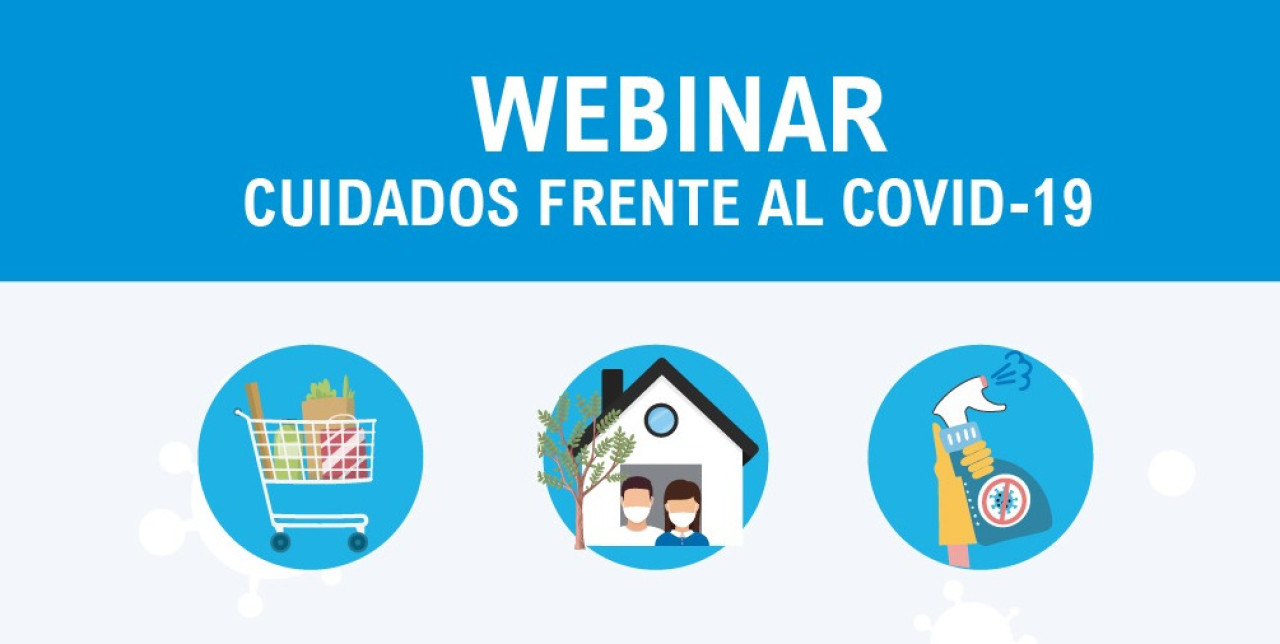22-09-2020 | di COOPI
COOPI carries out a Webinar on preventive care against COVID-19 in Ecuador
Within the framework of the project “Improving habitability for the effective integration of the population in human mobility in Machala, El Oro”, COOPI carried out the Webinar “Care against COVID-19”, whose objective was to provide recommendations to realise purchases and share housing in a safer way, as well as to promote tips related to cleaning and disinfection of the house, in the current context of the health emergency. This project is funded by the United Nations High Commissioner for Refugees (UNHCR).
This online initiative is complementary to the actions that COOPI is implementing in the country, in support of migrant families and refugees at risk of eviction or living in accommodation without minimum standards of habitability, as well as with the delivery of hygiene, bio-security and food assistance kits.
The Webinar, open to the public, counted with the participation of 80 people at national level. We highlight the participation of representatives of LGBTIQ + Associations of the Province of El Oro , such as: Nuevo Despertar Diverso, Asociación Transex, Forjando Futuro, Sin Fronteras, from the cantons of Machala, Santa Rosa, Huaquillas, as well as trans sex workers, population that lives with HIV, population in human mobility and local population. Active participation was promoted through the digital platform and a variety of prevention measures and information about COVID-19 were disseminated, ranging from the use of mask, hand washing with antiseptic gel and soap, how to maintain and respect social distancing, which are the services offered by the 171 line if you have symptoms related to COVID-19, as well as recommendations in case of sharing a home with sick people, proper cleaning and disinfection of the home, electronic items, among others.
Through this project COOPI provides a response to the improvement of the living conditions of the most vulnerable groups facing the health emergency, and already in vulnerable situation due to the migratory status.
Discover the webinar presentation.




 Ecuador
Ecuador